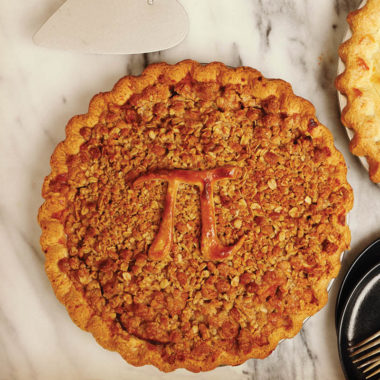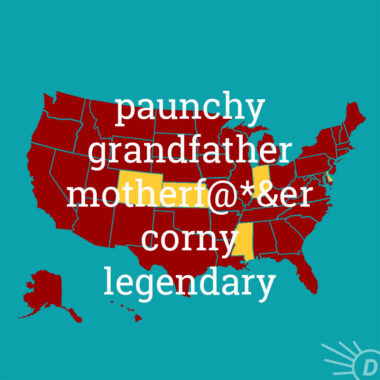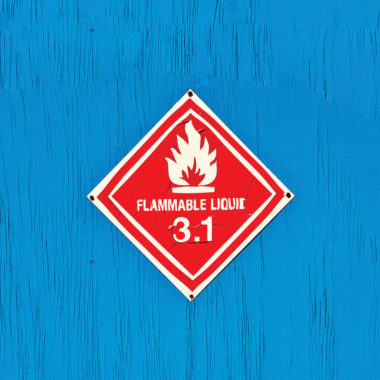When To Use Motherland vs. Fatherland
The terms motherland and fatherland both refer to one’s native country, one’s country of origin, or the home of one’s ancestors. So, what’s the difference between motherland and others fatherland? What are the origins of motherland and fatherland? Whether a particular group uses (their language’s equivalent of, if they have one) motherland or fatherland is a matter of culture, tradition, or, in some instances, personal preference. In …











